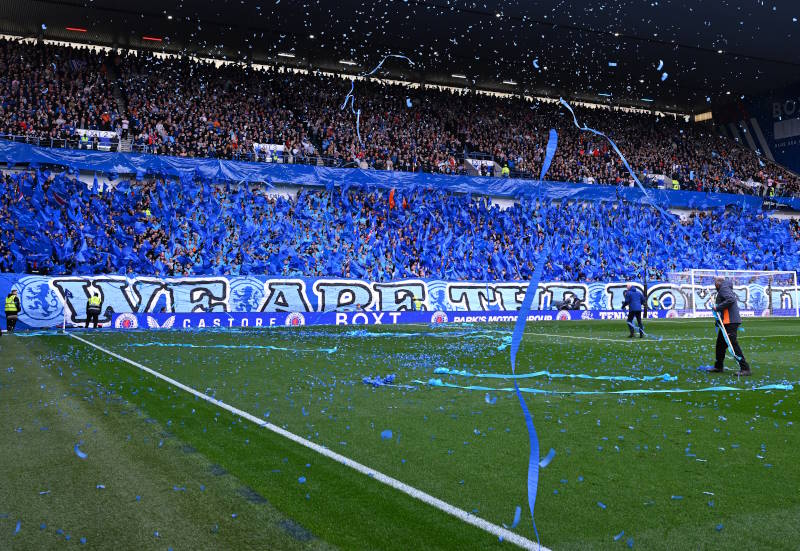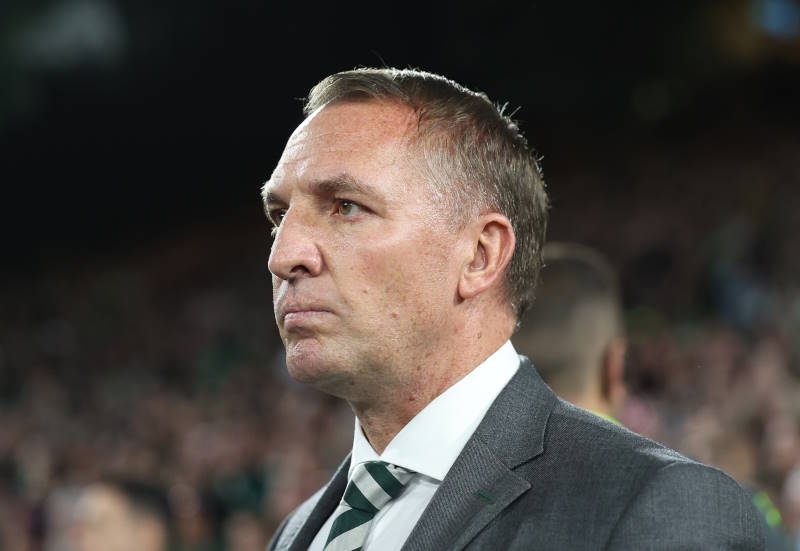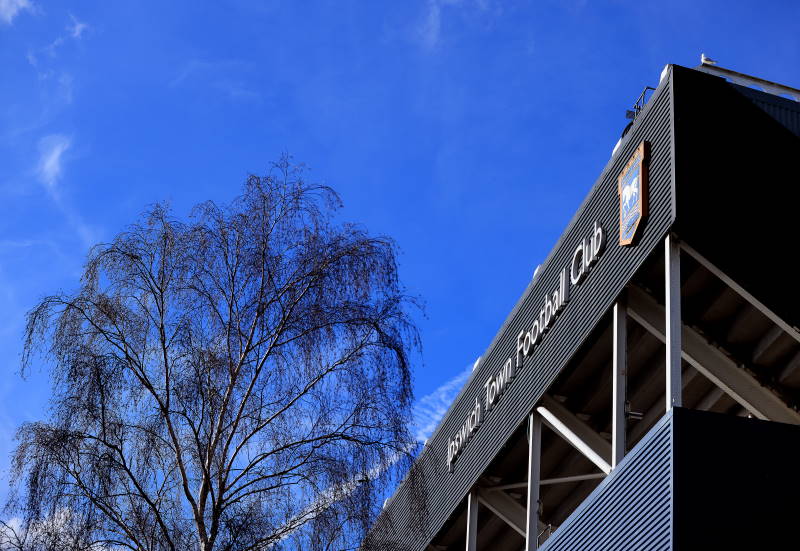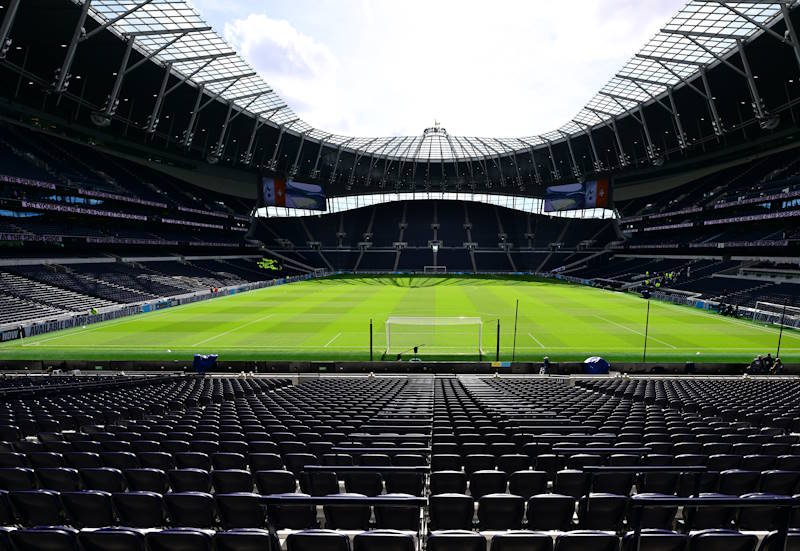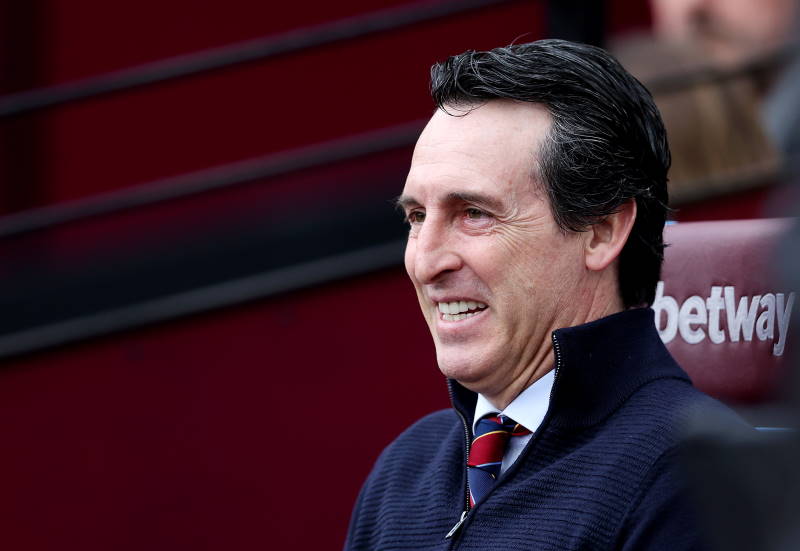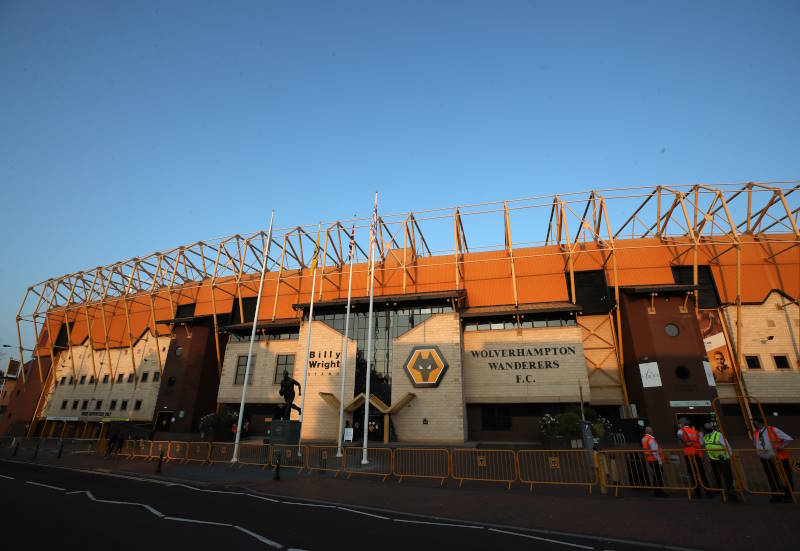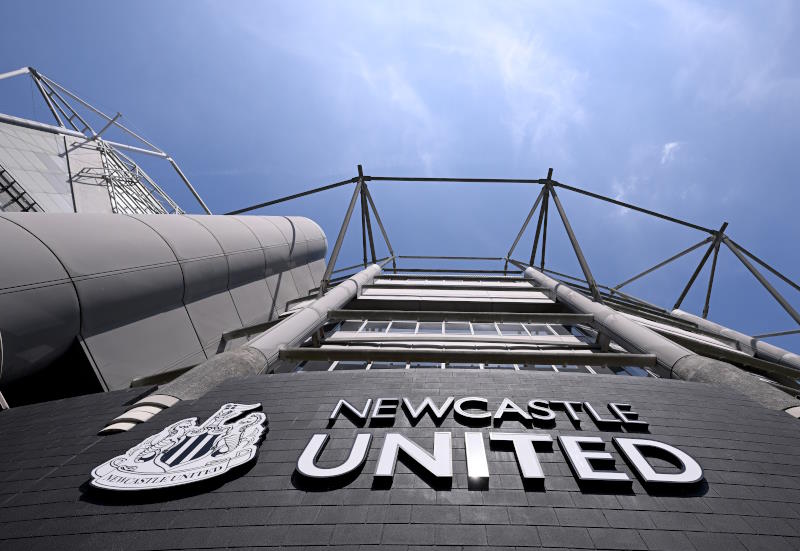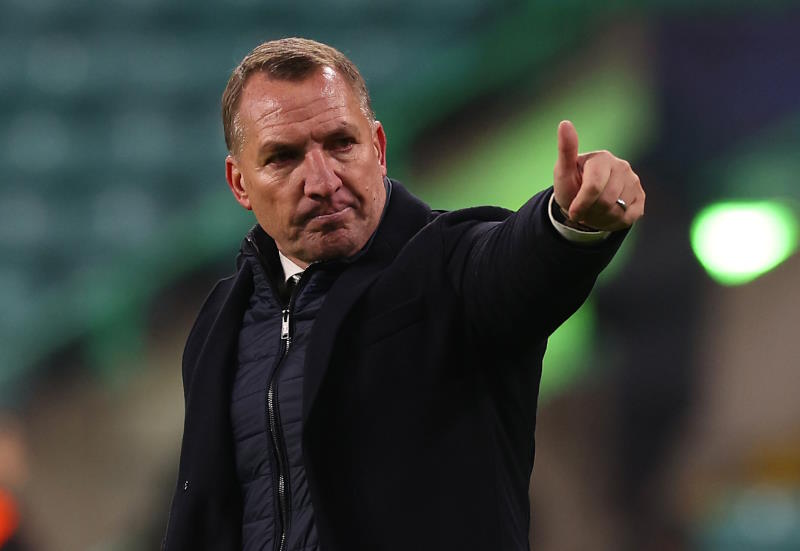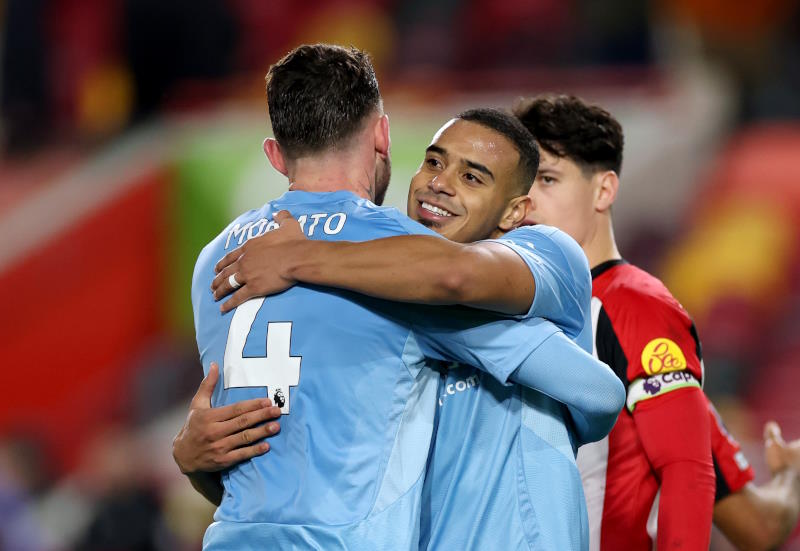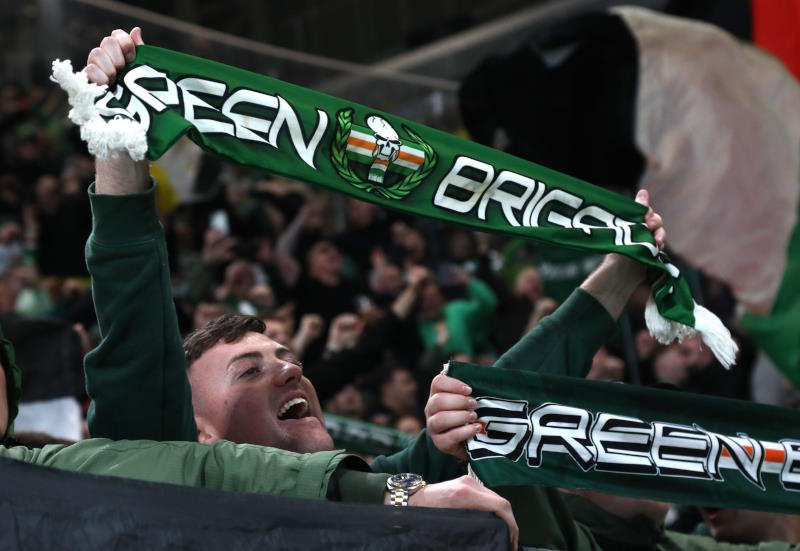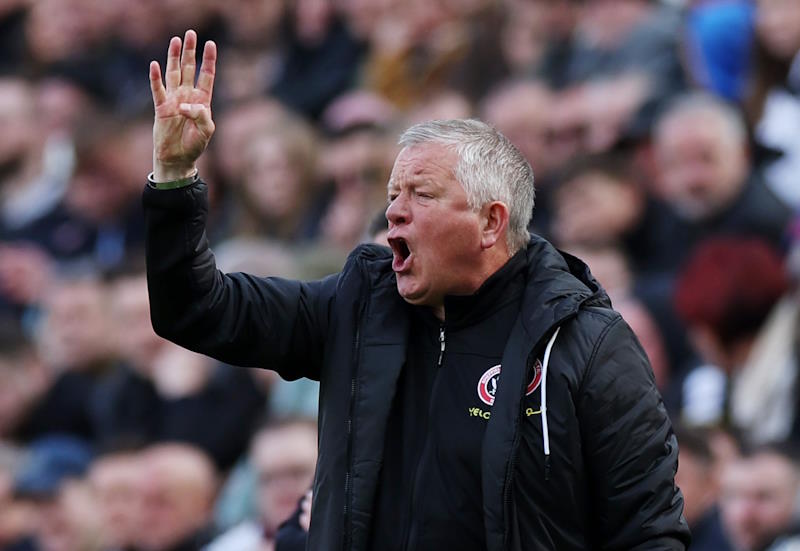
When a side is cast adrift at the bottom or slowly listing towards danger, the English Premier League can present very choppy waters, and often the first to go overboard will be the manager.
When West Bromwich Albion – a stable, well-run and generally well-liked club – fired their promising young manager Roberto Di Matteo in February after a dreadful run of form, eyebrows were raised. When Roy Hodgson – the man who had nearly dragged Liverpool from European football to a relegation battle and oversaw a dramatic deterioration in the quality of their football – walked in as his replacement, a great amount of Baggies fans were more than sceptical.
However, the effects of the managerial change are clear: from freefall and 13 defeats in 18 games under Di Matteo to one defeat in 11 and an unfamiliar sense of security for the definitive Premier League yo-yo club – Albion have been promoted four times and relegated three times in the last nine seasons. Hodgson has had a dramatically positive impact at The Hawthorns and further boosted his credentials by masterminding a 2-1 win over Midlands rivals Aston Villa.
The obvious question is how has this happened – how, so soon after his disastrous spell at Anfield has Hodgson managed to drag a club accustomed to relegation battles to mid-table safety?
West Brom have maintained their good passing game, established by former manager Tony Mowbray five years ago, and this year in Peter Odemwingie have added a reliable goalscorer to finish their Arsenal-lite moves; but the Baggies still had a defensive frailty that has dogged them since the days of Bryan Robson. What the club needed was similar to what they had indeed had in manager Gary Megson back in 2002, when West Brom were promoted to the top division for the first time in 16 years, namely a defensive organiser, and in this respect there are few better than Roy Hodgson.
And Hodgson does have a final managerial record. The former Inter boss led a moderately bland but very efficient Switzerland team to the 1994 World Cup in the United States and Euro 1996, with a game plan based on keeping it tight at the back and hoping star striker Stephane Chapuisat could score the goals. The Londoner also nearly led an even more limited Finland side to Euro 2008, where the Scandinavians were just edged out by finalists Germany and semi-finalists Russia. Indeed, Germany, during their period of crisis following Euro 2000, considered hiring Hodgson, only deciding against it on grounds of nationality.
In addition to his feats in international football, Hodgson is one of the few English managers in the post-war era to have a long list of success in continental league football. He won two Swedish league titles with tiny Halmstads in the 1970s, helping to modernise Swedish football, before topping the league for five consecutive years with Malmö from 1985, winning the league championship playoff twice. Hodgson repeated his European heroics with Malmö – knocking Inter out of the European Cup – at Swiss side Neuchâtel Xamax, who under the Englishman beat Celtic and Real Madrid.
Of course Hodgson’s greatest success came at Fulham, where Chris Coleman’s decent side lost their way and looked relegation certainties under successor Lawrie Sanchez. After Hodgson was parachuted in to save the London side in December 2007 his stolid organisation kept them up. Next season the new boss rediscovered their flair from the Coleman years, and the combination of the two carried the Craven Cottage side even beyond those successes to a highest-ever finish of seventh and a historic Europa League campaign the following season, featuring dramatic wins over holders Shakhtar Donetsk, former European champions Hamburg and, most famously, Italian giants Juventus. Despite losing the final to Atlético Madrid, nobody complained when he was awarded the 2010 League Managers’ Association Manager of the Year award and suggested as Fabio Capello’s successor as England coach.
So why did Hodgson fail at Liverpool? It would be too simplistic to say it was merely the raised expectations of managing at mighty Anfield, though he did experience a mixed record as his only other truly "big" job with Inter, where he led a transitional team to a third-place finish and a UEFA Cup final penalty shoot-out loss to Schalke in 1997. A more accurate description would be Liverpool did not especially need Hodgson’s defensive expertise, as they already had a well-drilled defence under Rafael Benitez. The Reds’ problem was that they were too reliant on Steven Gerrard and/or Fernando Torres for their attacking guile and desperately needed more vim, vigour and trickery down the wings to relieve the burden, which Hodgson could not provide. Poor early results, including defeat to lowly fourth tier Northampton Town in the Carling Cup, and derby defeats to Everton and Manchester United ratcheted up the pressure, while a series of baffling comments to the media ensured fans did not rally to his cause. Add in his entry in the midst of one of the most rancorous boardroom battles in English football history, which saw the new man caught between disaffected players, disquieted fans and disjointed management and he was clearly the wrong manager at the wrong time.
Any lost credibility from Liverpool has been almost immediately won back though with a second miraculous escape from relegation in four seasons. Feeling the benefits of a strong and supportive club hierarchy, Hodgson has transformed a wobbly West Brom side. The mid-season lull is now forgotten, players like Odemwingie and Chris Brunt back on form and the defence is unrecognisable in its organisation and solidity. If the congested middle in this year’s tight Premier League campaign occurs next year, there is a good chance a Hodgson-led West Brom could sneak a European place à la Birmingham, Stoke and, of course, Fulham.
Too often chairmen press the panic button mid-season and hope that by bringing in a new manager not only will they placate the baying fans but lift their club out of trouble with the wave of a magic chequebook. More often than not it fails, and they are rightly castigated for their reckless and ruthless gambling, but rarely do they get the praise when it goes to plan.
Jeremy Peace has been an even-handed and sensible chief at The Hawthorns, never bankrupting the club by ‘chasing the dream’ or hiring and firing at the first sign of trouble. Thanks to him and Hodgson, from bobbing along at the bottom of the Premier League, the ‘Boing-Boing’ Baggies are bouncing on the crest of a wave.

